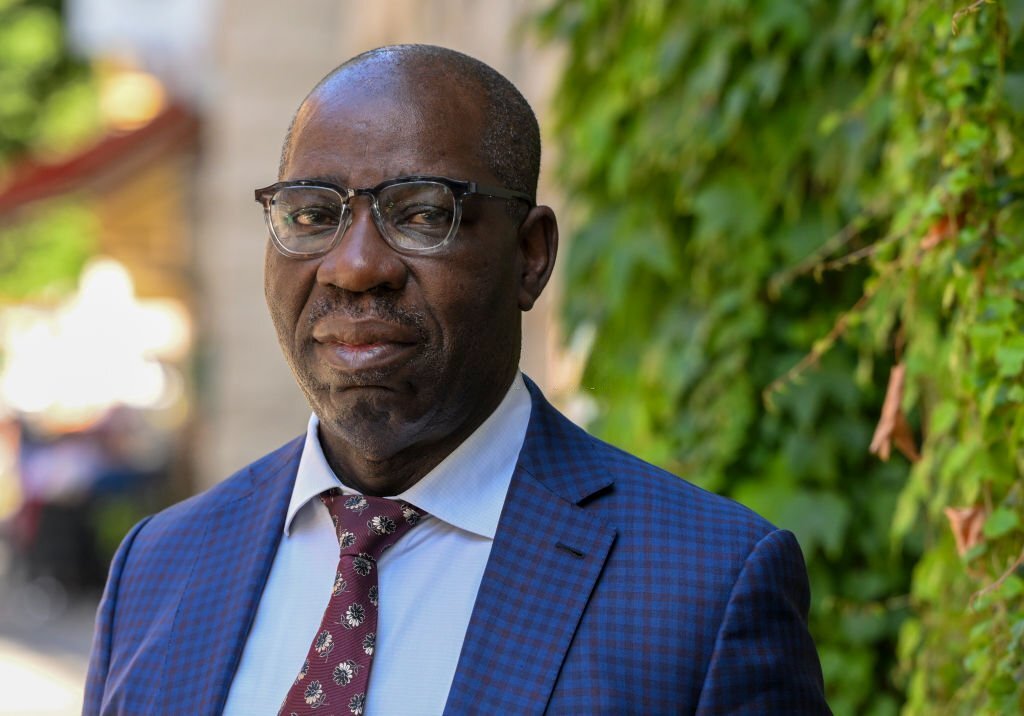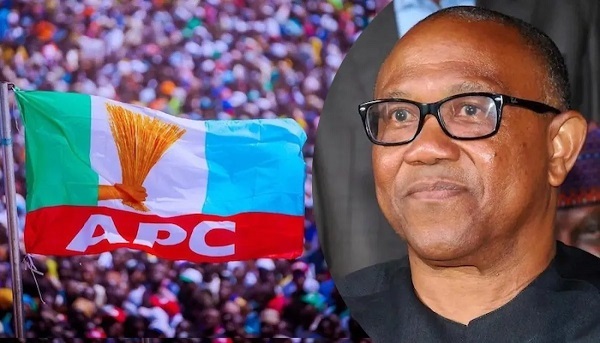Former Edo Governor Challenges N600bn Debt Claims, Defends Legacy Projects
Former Edo State Governor Godwin Obaseki has strongly refuted allegations that his administration left the state with a N600 billion debt burden. The denial comes in response to recent statements made by Commissioner for Information and Strategy, Kassim Afegbua.
Obaseki, speaking through his Media Adviser Crusoe Osagie, challenged the current administration under Governor Monday Okpebholo to verify their claims with the Debt Management Office (DMO). He emphasized that all government borrowing, whether at local, state, or federal levels, must receive DMO approval and documentation.
The controversy extends beyond the debt allegations to questions about Obaseki’s legacy projects, particularly the Radisson Hotel development and the Museum for West African Arts (MOWAA). Addressing these concerns, Obaseki’s team confirmed that complete documentation of the Radisson Hotel transaction was included in the transition report. They highlighted that Radisson, as an international brand, entered into a properly documented business agreement with the state government.
Regarding MOWAA, Obaseki’s administration pointed out that the museum project receives funding from multiple international sources, including the German, United Kingdom, and French governments. The former governor’s team insisted that such international investment would not occur without proper land allocation and documentation.
The former governor expressed concern that such unverified allegations could damage Nigeria’s international reputation. He criticized the current administration’s statements as irresponsible, suggesting they indicated a lack of understanding about governmental operations.
This dispute highlights ongoing tensions between the current and former administrations, despite both belonging to the All Progressives Congress (APC). The controversy underscores the importance of transparent financial record-keeping and proper documentation in state governance, as well as the potential impact of political disputes on international perceptions of Nigeria’s governance.
The current administration has yet to provide documentation supporting their debt allegations, while the former governor continues to maintain his stance on the legitimacy of his administration’s financial management and development projects.







Leave a Comment